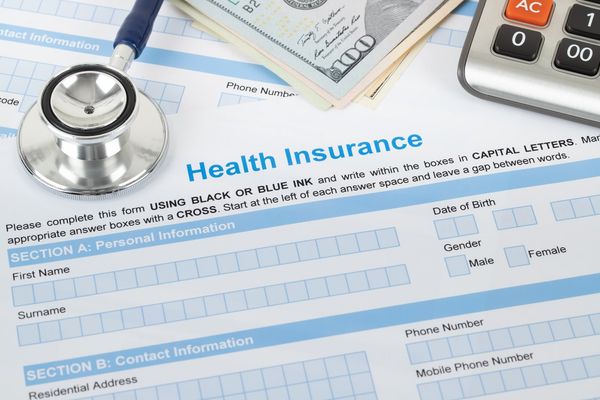

Learn about our editorial policies
Medically Reviewed
By Darria Long Gillespie, MD
You've likely heard about the health insurance exchanges, or marketplaces, in the news recently. But do they apply to you? We've broken it down to help with your questions. For more information on the Affordable Care Act (ACA), check out "A Primer on the Affordable Care Act," Sharecare's ACA Center
Should you be interested in the exchanges?
- If you don't have insurance: If this applies to you, then pay attention—exchanges were created to help you. On the HealthCare.gov website, you can choose from a range of insurance plans and find out if you're eligible for discounts or government insurance programs. In the past, getting insurance on your own was often confusing, restrictive and expensive. The goal of the marketplace is to help people get insurance, remove many restrictions (such as limits for preexisting conditions) and make health insurance affordable.
- If you do have insurance: You may still want to go to the exchanges to check out offerings and rates. Depending on your current plan, you may find better prices or a better package.
How Do You Choose the Best Plan?
Depending on your family income and a variety of other factors, your options may include a wide range of private plans or a public program such as Medicare or Medicaid. Follow these tips to help narrow your choices:
- Go to HealthCare.gov to input your information and find your options. You can also speak with an "insurance navigator" to help you with the process. Find the marketplace in your state.
- Grandfathered plans: Some older plans have been "grandfathered" and are exempt from ACA requirements. You may want to check your marketplace options if you have one of these. Learn more about grandfathered plans.
- Compare costs: You may have several options, ranging from regular preferred provider organizations (PPOs have higher premiums, but bigger physician networks and lower deductibles, and you won't need referrals to see specialists) to catastrophic health plans (available for people under 30: you'll have lower premiums, but a much higher out-of-pocket cost if something bad does happen, and less preventive coverage). You'll also find other plans in between.
- Still confused? See my blog on "How to Pick a Plan in the Health Insurance Marketplace."
What happens if you don't have insurance coverage?
- Your health—and finances—will be at risk. Medical bills are a large cause of bankruptcy in the United States. People without insurance miss preventive care visits and vaccinations and often delay seeing a doctor until they're so sick that they must go to the emergency room.
- You'll pay penalties: If you have not signed up for insurance by March 31, 2014, then you'll face financial penalties that rise every year. Check out the costs below:
Annual Penalty for: | 2014 | 2015 | 2016 |
An Individual | $95 or 1% income (whichever is greater) | $325 or 2% income | $695 or 2.5% income |
A Family | $95 per adult and $47.50 per child (max $285) or 1% family income (whichever is greater) | $325 per adult and $162.50 per child (max $975), or 2% family income (whichever is greater) | $695 per adult and $347.50 per child (max $2,085) or 2.5% family income (whichever is greater) |
How can you get help paying for it?
Many people will qualify for tax credits or subsidies to help them cover the costs. You can also find this information at HealthCare.gov's page on lowering out-of-pocket costs.
What dates do you need to know?
Sign-up deadlines are important, both to have your coverage start January 1, 2014, and to avoid the penalty fees for 2014.
- October 1, 2013: First day to buy insurance at the Healthcare.gov marketplace (coverage starts January 1, 2014)
- December 15, 2013: Last day to buy coverage starting January 1, 2014
- January 1, 2014: First day of coverage for everyone who buys between now and December 15, 2013
- March 31, 2014: Last day to buy to avoid paying penalty fees
Still confused? Flummoxed by terms such as deductible, co-pay, coinsurance and out-of-pocket spending? Check out "How to Pick a Plan in the Health Insurance Marketplace."
Darria Long Gillespie, MD, MBA, is executive vice president, clinical strategy, and "Chief Doctor" at Sharecare, where she answers users' health and wellness questions on her blog Ask Dr. Darria, and brings her expertise as a physician to the development of Sharecare's products and program offerings. In addition to her role at Sharecare, Dr. Darria is an assistant professor at the Emory University School of Medicine and works as an emergency room doctor in the Emory University Hospital Emergency Department.
Follow Dr Darria at:
www.drdarria.com
twitter @drdarria
https://www.sharecare.com/user/dr-darria-longgillespie
You might be interested in



